

William Stopford
2026 GWM Tank 300 Hi4-T PHEV priced, significantly undercuts Denza B5
4 Hours Ago
Truck manufacturer Hino, part of Toyota, has confirmed it has falsified vehicle data for 20 years and class action lawsuits now loom.

News Editor
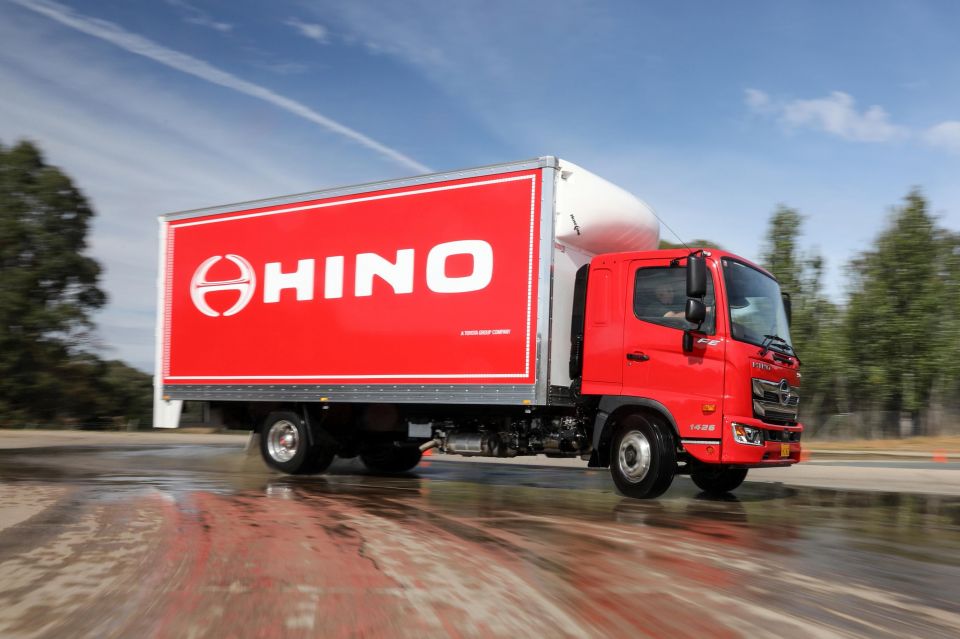

News Editor
Toyota’s truck subsidiary Hino Motors says it falsified emissions data, and an Australian law firm is investigating a potential class action.
Hino this month released a report summary based on the findings of a Special Investigation Committee comprising outside experts, which it convened back in March.
The Committee’s investigation revealed long-term misconduct concerning applications for engine certification dating back to 2003, with The Japan News reporting around 860,000 vehicles in total are affected.
Bannister Law, which has conducted class actions against companies like Volkswagen, is calling for Australians who owned or leased 2004-21 Hino vehicles to contact it regarding a potential class action.
It plans to investigate the Australian application of the report findings “that may infringe on emissions regulations and fuel representations to consumers and business operators of the vehicles”.

It specifically cites the Road Vehicle Standards Act (2018) and the Motor Vehicle Standard Act (1989).
A class action has already been instigated in the US, with the plaintiffs claiming damages, punitive damages and cancellation of sales contracts.
In the report summary, Hino’s Special Investigation Committee blamed “management’s failure to sufficiently engage with the the frontline workforce, creating an environment and mechanism prioritizing meeting schedules and numerical goals over due processes”.
“The Company’s inward-looking and conservative culture also prevented each employee from carrying out his or her work with a sense of involvement and solidarity,” the report says.
“Hino also lacked awareness in and a mechanism for managing its business operations as a corporate organization, for which Hino believes its management bears responsibility.
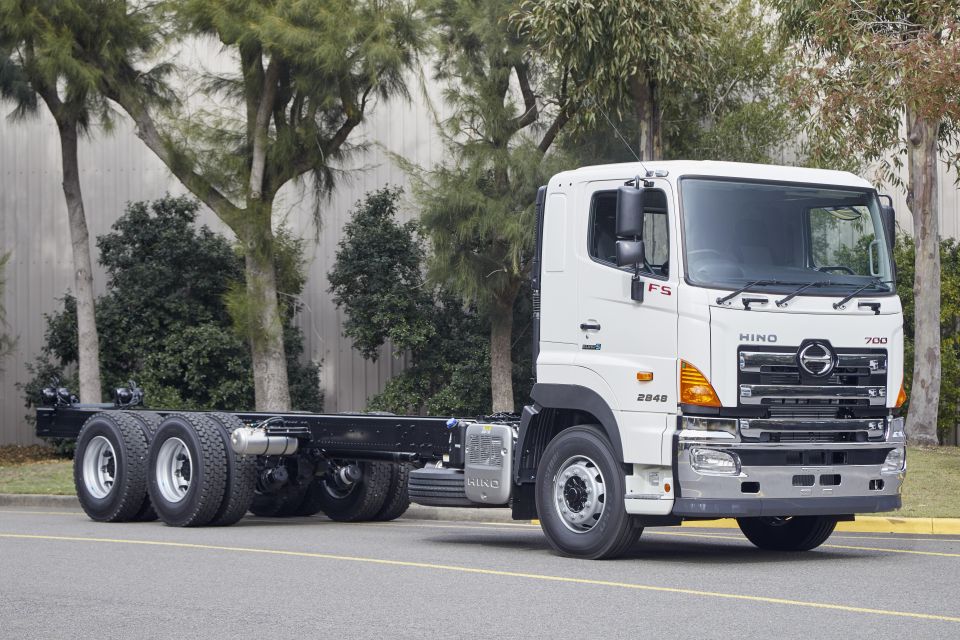
“Hino will implement comprehensive measures to ensure that these issues will never recur in the future,” it adds, saying it will work to regain the trust of its stakeholders.
Hino says it “deeply apologizes for causing a significant inconvenience and concerns to its customers, shareholders, investors, and other stakeholders”.
Satoshi Ogiso, Hino’s president, has publicly apologised.
Upon announcing the formation of the investigative committee in March 2022, Hino said it was suspending the sale of vehicles with the medium-duty A05C and heavy-duty A09C and E13C engines in Japan.
It acknowledged misconduct concerning the falsification of data regarding emissions durability testing for the A05C engine, and fuel economy data for the other two engines. It also confirmed those engines have performance issues.
Additionally, it acknowledged there were problems with fuel economy for its N04C light-duty engine, though it said there was no misconduct found.
The Japanese Ministry of Land, Infrastructure, Transport and Tourism (MLIT) subsequently revoked type certificates for vehicles equipped with these engines, preventing Hino from selling them.

At the time, Hino said misconduct had dated back to certification procedures for 2016 emissions regulations.
To game emissions testing, Hino employees did things like replacing the muffler of vehicles and altering the fuel flow rate calibration value of the dynamometer panel.
The Committee subsequently found issues were more extensive, and dated back to vehicles released at the time of 2003 emissions regulations coming into effect with the aim of ensuring they were eligible for tax preferential treatment.
It found Hino measured values incorrectly, stopped durability tests prematurely or didn’t do them at all, changed ECU settings, “arbitrarily selected values” or otherwise altered test data and made false statements.
It has listed a wide range of structural changes to implement at Hino, including an expanded compliance department, a stronger internal reporting system, and better record-keeping.
With the MLIT revoking type certificates for additional engines, Hino has had to expand its recall by 20,000 vehicles to 47,000 vehicles.
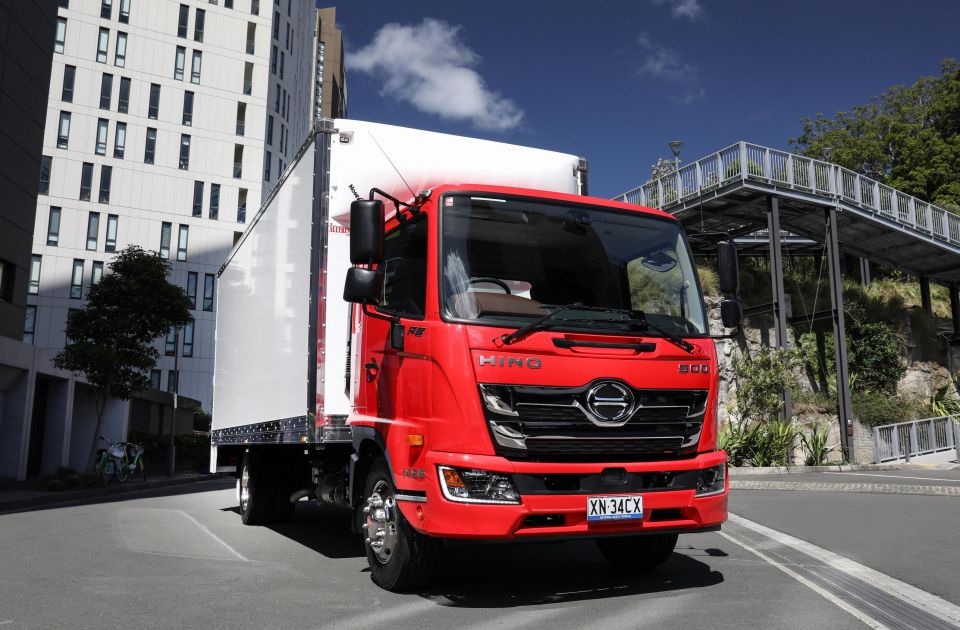
Hino is just the latest manufacturer to be accused of falsifying emissions data.
Earlier this month, Stellantis subsidiary FCA US LLC was ordered by a US federal court to pay over $400 million for using emissions-cheating devices.
A total of 101,482 Ram 1500 and Jeep Grand Cherokee vehicles from model years 2014 to 2016 equipped with second-generation EcoDiesel V6 engines were affected.
This case is the latest in a long line of allegations of emissions cheating by automakers, with Volkswagen’s actions – commonly referred to as Dieselgate – perhaps the most infamous.
William Stopford is an automotive journalist with a passion for mainstream cars, automotive history and overseas auto markets.


William Stopford
4 Hours Ago
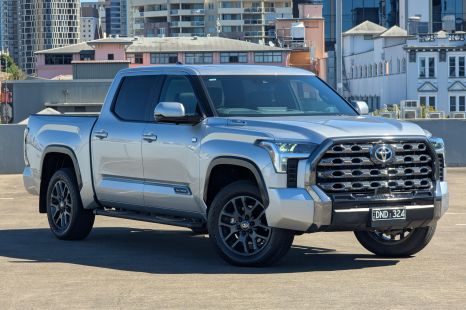

Damion Smy
4 Hours Ago


William Stopford
5 Hours Ago


Damion Smy
5 Hours Ago
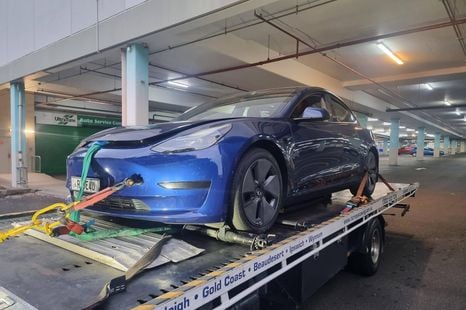

CarExpert
7 Hours Ago


Damion Smy
8 Hours Ago